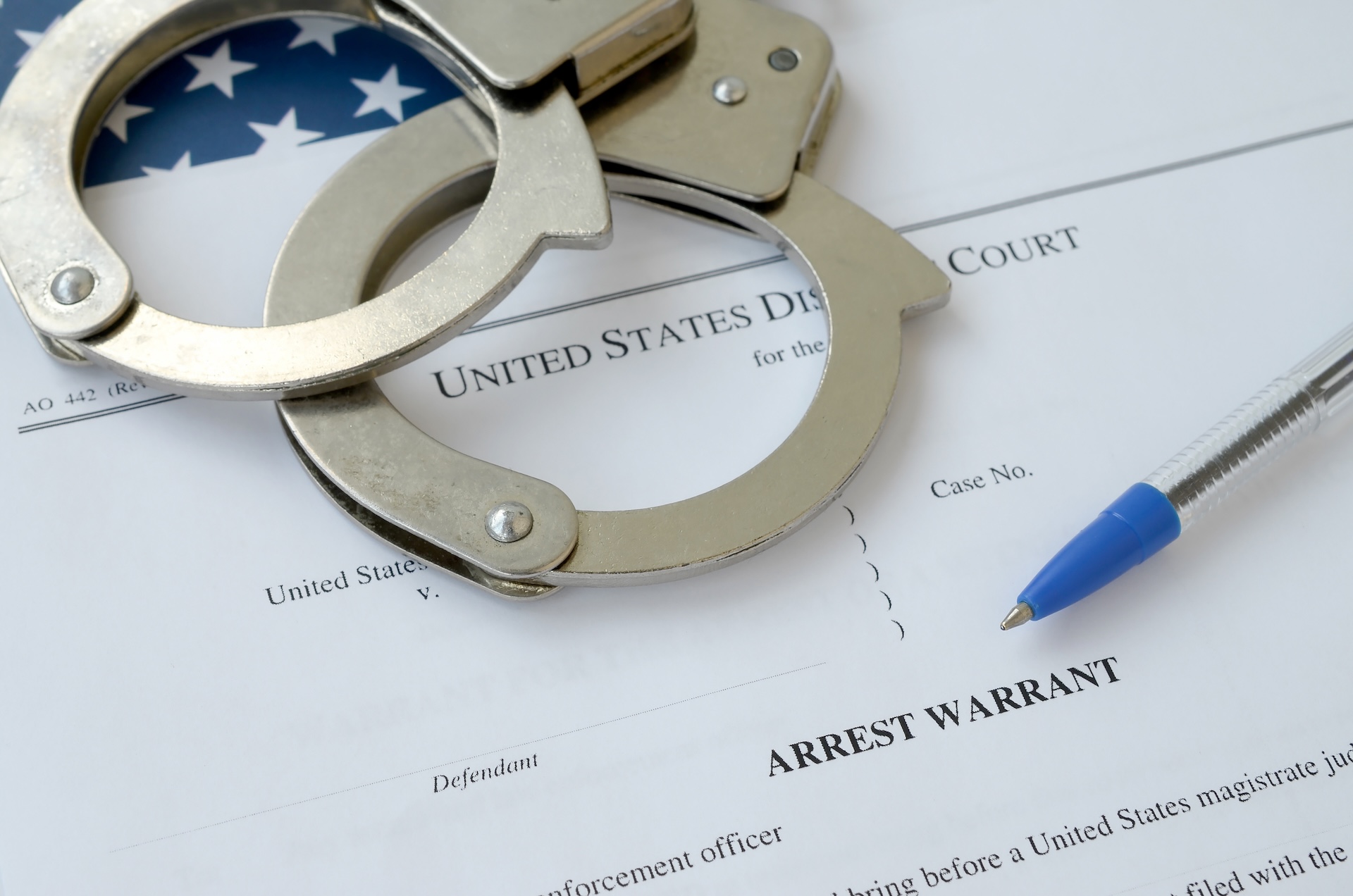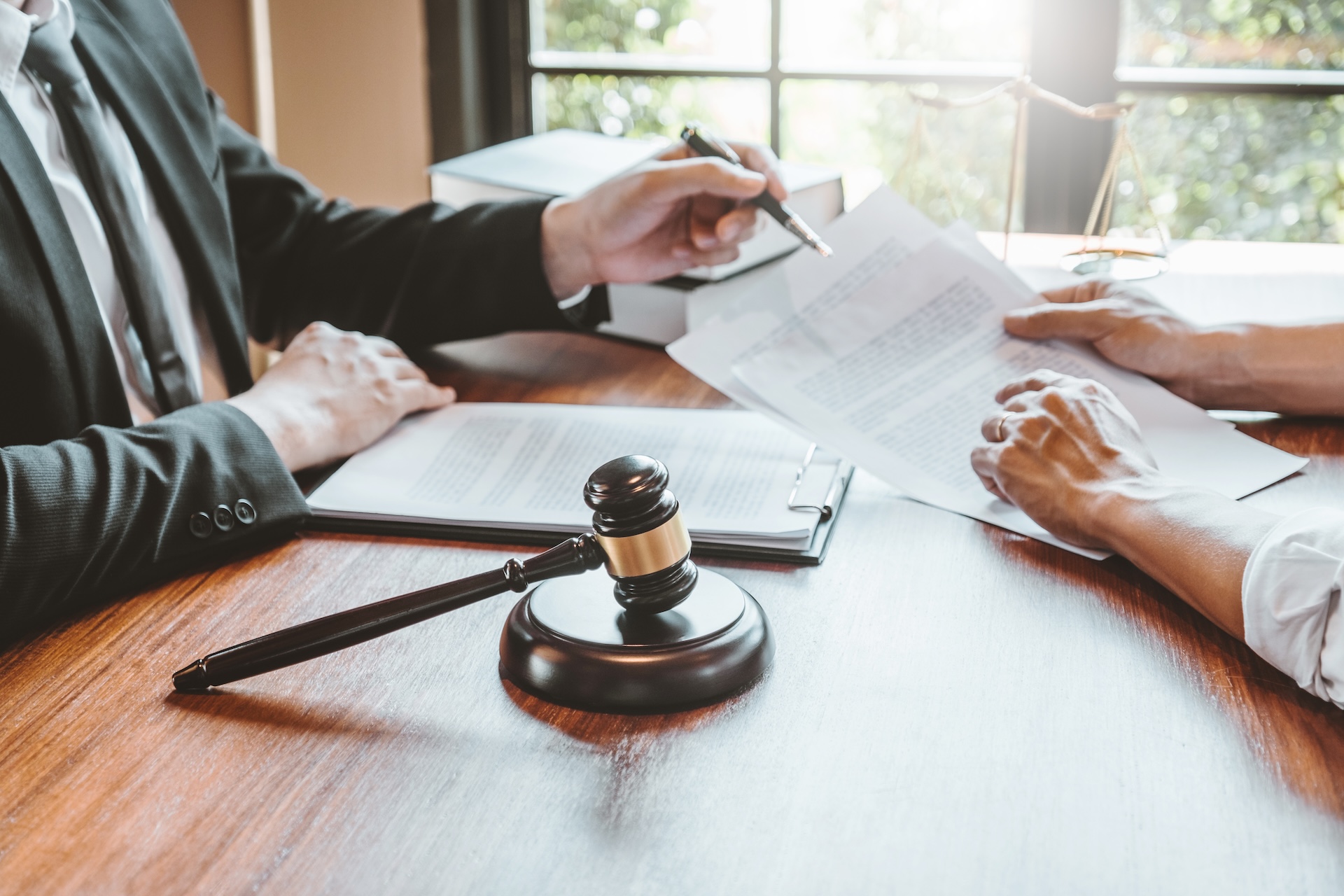DWI: The Legal Process in Texas – What to Expect After an Arrest
If you’ve been arrested for Driving While Intoxicated (DWI) in Texas, you’re probably feeling overwhelmed, anxious, and uncertain about what comes next. You may be wondering: Will I lose my license? How much will this cost? Will I go to jail?
Understanding the DWI legal process in Texas is essential to protecting your rights, your driving privileges, and your future. At Griffin & Cain, Attorney at Law, PC, we’ve helped hundreds of clients in Conroe, The Woodlands, and throughout Montgomery County navigate DWI charges with clarity and confidence.
This guide walks you step-by-step through what to expect after a DWI arrest in Texas, starting at the roadside and ending in the courtroom.

Step 1: The Traffic Stop and Arrest
Most DWI cases in Texas begin with a traffic stop. The police may pull you over for a common violation such as speeding, swerving, running a red light, or failing to signal. Once stopped, the officer observes your behavior and appearance for signs of impairment, including:
- Slurred speech
- Red or watery eyes
- Alcohol odor
- Slow reaction time
- Confused or nervous responses
Field Sobriety Tests (FSTs)
If the officer suspects impairment, they may ask you to perform standardized field sobriety tests (SFSTs) such as:
- Walk-and-turn
- One-leg stand
- Horizontal gaze nystagmus (eye tracking)
These tests are voluntary, but officers rarely explain that. They are designed to create probable cause for an arrest.
Breath or Blood Test
You may be asked to submit to a breathalyzer or blood test to determine your blood alcohol concentration (BAC). Texas is an implied consent state, so refusing a test can lead to automatic license suspension through a separate civil process known as Administrative License Revocation (ALR).
If your BAC is 0.08% or higher, or the officer believes you are impaired, you will be arrested for DWI.
Step 2: Jail and Bond
Once arrested, you will be transported to the local jail or detention center. You’ll be booked, fingerprinted, and photographed. Bail will typically be set within a few hours.
Getting Released
There are three main ways to get out of jail after a DWI arrest in Texas:
- Cash bond: Pay the full bail amount in cash.
- Surety bond: Use a bail bondsman to post bond for a fee (usually 10% of the total).
- Personal recognizance (PR) bond: Be released without paying, based on your promise to appear (less common for DWI).
Once released, you’ll receive court paperwork with a date for your arraignment (the first court appearance).
Step 3: ALR Hearing – Saving Your License
Separate from your criminal case, the Texas Department of Public Safety (DPS) will initiate a civil proceeding to suspend your driver’s license if you:
- Refused to take a breath/blood test, or
- Failed the test (BAC 0.08% or more)
You Have 15 Days to Act
You must request an Administrative License Revocation (ALR) hearing within 15 days of your arrest to challenge the suspension. If you don’t, your license will be automatically suspended:
- 90 days for a failed test (first offense)
- 180 days for a refusal (first offense)
At Griffin, Cain & Herbig, we handle ALR hearings for our clients, cross-examine the arresting officer, and look for flaws in the traffic stop or testing procedure. Even if you lose, we can help you apply for an occupational license so you can drive to work, school, and essential tasks.
Step 4: Arraignment and Plea
Your arraignment is the first formal court hearing in your DWI case. Here’s what happens:
- The judge reads the charges against you.
- You (or your attorney) enter a plea: Guilty, Not Guilty, or No Contest.
- The court may set bond conditions (such as installing an ignition interlock device if your BAC was high).
In most cases, if you’ve hired an attorney, you may not need to attend the arraignment in person. We can often appear on your behalf.
Step 5: Pretrial Hearings and Motions
After arraignment, your case moves into the pretrial phase, where your attorney begins investigating the evidence against you and filing legal motions.
Key components of this stage include:
Discovery
We obtain all available evidence from the prosecutor, including:
- Police reports
- Body and dash cam footage
- Breath or blood test results
- Field sobriety test records
- Lab certifications and maintenance logs
Legal Motions
Depending on the facts of your case, we may file motions to:
- Suppress evidence if your rights were violated (e.g., unlawful stop or arrest)
- Dismiss the case for lack of probable cause
- Challenge the admissibility of chemical test results
A strong defense at this stage can lead to reduced charges, plea agreements, or even full dismissal.
Step 6: Plea Negotiations or Pretrial Diversion
Many DWI cases in Texas are resolved without a trial through plea bargaining or pretrial diversion programs.
Plea Bargain
In some cases, the prosecution may offer to reduce the DWI charge (e.g., to reckless driving or obstruction of a highway) in exchange for a guilty plea and completion of conditions like probation or alcohol education.
Pretrial Diversion
First-time offenders in some counties may qualify for pretrial diversion, allowing you to avoid a conviction by completing:
- Probation
- Community service
- Alcohol or drug education
- No further violations during the program
Successful completion often results in dismissal and the possibility of record sealing (nondisclosure) later on.
We negotiate aggressively with prosecutors to get the best possible outcome based on the facts of your case and your criminal history.
Step 7: Trial (If Needed)
If no agreement is reached, or if you want to fight the charges, your case will proceed to trial. You have the right to a jury trial or a bench trial (judge only).
DWI Trial Phases:
- Jury selection (voir dire)
- Opening statements
- Presentation of evidence and cross-examination
- Closing arguments
- Jury deliberation and verdict
To convict you of DWI, the state must prove beyond a reasonable doubt that:
- You were operating a motor vehicle,
- In a public place,
- While intoxicated (by alcohol, drugs, or a combination).
We use every available defense to create doubt and protect your record, including challenging the stop, the arrest, the field sobriety tests, and chemical test results.
Step 8: Sentencing
If you plead guilty or are found guilty at trial, the case moves to sentencing. Texas law imposes escalating penalties based on prior offenses and aggravating factors.
First-Offense DWI Penalties:
- Fine up to $2,000
- Jail time: 72 hours to 180 days (may be probated)
- License suspension: 90 days to 1 year
- Community service
- Alcohol education class
- Probation (typically 1–2 years)
- Possible ignition interlock device
If your BAC was 0.15 or higher, if there was a child passenger, or if it’s a second or third offense, penalties increase dramatically, including felony charges, license revocation, and prison time.
We fight for probation, minimal fines, and alternative sentencing whenever possible.
Step 9: Post-Conviction Relief
Even after sentencing, some options may still be available to reduce the impact of a DWI on your life.
Occupational Driver’s License
If your license is suspended, we can help you obtain an occupational license so you can drive to work, school, and essential errands.
Expunction or Nondisclosure
While most DWI convictions are not eligible for expunction, first-time offenders who receive deferred adjudication or pretrial diversion may be eligible for nondisclosure (record sealing). This can prevent employers, landlords, and others from accessing your arrest and case history.
We’re Available To Speak With You
Contact Our Office
Today
We will provide a complimentary consultation so that you can discuss your issue with us. Get started by calling us or contacting us via email, and we will respond as soon as possible.
A Few Words From Satisfied Clients
From the start, John approached my case with compassion, integrity, and a deep understanding of how high the stakes were for my family. He listened closely, advised me wisely, and fought with heart and determination to ensure that our side of the story was heard. He treated me not just as a client, but as someone whose voice and lived experience mattered deeply.
Throughout this difficult journey, John never wavered. His professionalism, responsiveness, and strategic guidance gave me strength and confidence even in the most uncertain moments. He and his team poured countless hours into preparing a case grounded in truth, love, and the best interests of my granddaughter.
Though the final decision was not what we had prayed for, I will always be thankful for the dignity, support, and relentless effort John and his firm gave to our family. I would recommend him wholeheartedly to anyone seeking strong, ethical, and empathetic representation.
With deep appreciation,
Rhonda Brown
Texas
What stood out the most was his ability to resolve my legal matters in a way that allowed me to continue living my life stress-free. Knowing he had everything under control gave me such peace of mind. He was always available to answer my questions and made me feel like a priority every step of the way.
If you’re looking for a reliable, communicative, & skilled attorney, I wholeheartedly recommend John Herbig! He made a difficult situation so much easier to navigate, and I’m truly grateful for his work. Thank you John!

Why Hiring an Experienced DWI Lawyer Matters
DWI cases are complex. They involve scientific evidence, constitutional rights, administrative hearings, and criminal procedures. Trying to handle it alone, or relying on a court-appointed attorney, can lead to outcomes that haunt you for years.
At Griffin & Cain, Attorney at Law, PC, we:
- Investigate the evidence from every angle
- Challenge chemical test accuracy and legal procedures
- Represent you at ALR hearings and in court
- Negotiate for dismissals, reductions, or alternative resolutions
- Fight for you in trial when necessary
We don’t just know Texas DWI law, we live it every day in local courts.
We’re Available To Speak With You
Contact Our Office
Today
Phone:
Email:
info@griffinandcain.com
Address:
400 W. Davis St., Suite 200. Conroe, TX. 77301
